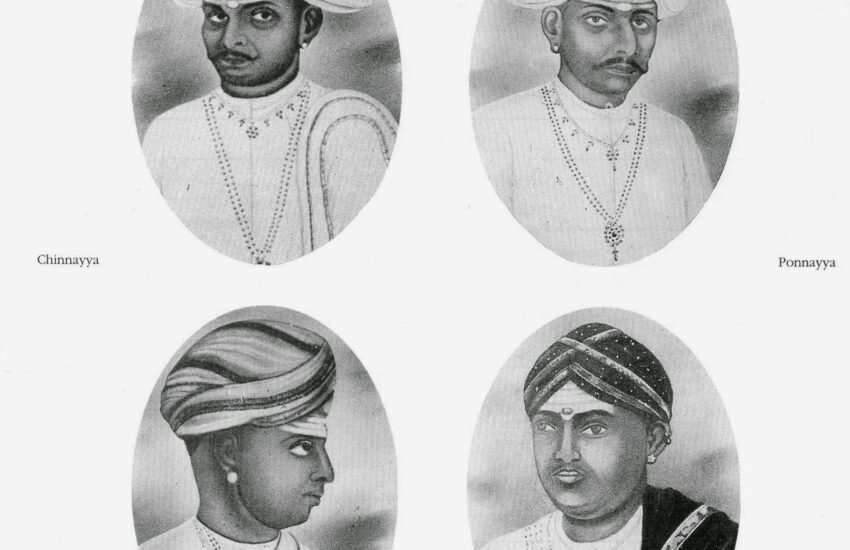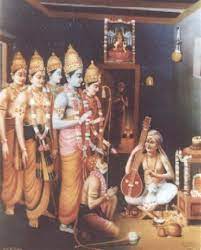T.Viswa – A Tribute
T.Viswa – Tribute
A tribute to Shri.T.Viswanathan – Hari Arthanari
On Sept. 10, 2002, the entire music community around the world mourned the loss of one of the beacons of South Indian Classical music (Karnatik music).Tanjore Viswanathan, fondly known as ‘Viswa’ died early Tuesday, Sep 10,last year. Viswa was a faculty of the Music Department at the University. It is almost a year now but we still miss the greatness of the man and the music. There is a vacuum that can never be filled.
About Viswa:
Viswa was an institution. He was born in an illustrious music family on Aug. 13 1926. His grandmother was the legendary Veenai Dhannamal. His mother Jayammal, sister Balasaraswati, brother Ranganathan and cousins Brinda and Mukta were stalwarts in their own respect. After initial training from his mother he studied flute with Tiruppambaram Swaminatha Pillai. Viswa took the best of both worlds. He learned the flute techniques and compositions from Swaminatha Pillai and rendered them in the inimitable Dhannamal style. He used to accompany his guru Swaminatha Pillai in concerts at age 11. He gave his first solo concert at age 14. He later went to Annamalai University to continue his studies with Swaminatha Pillai. He learned some of the rare compositions of Muthuthandavar during his stay there. He also graduated with an M.A in Economics from the prestigious Madras University.
In the late 1950s Viswa went to teach music at the University of California Berkeley, where he learned other forms of music. He returned to Madras (India) and was the Head of the Music Department at Madras. Viswa joined the University in 1966 and taught here since then. He was also the Director of the Navaratri program, an age-old tradition at the University since 1976.
The music:
Viswa’s music is a unique concept in itself. To quote a critic ?Viswa has evolved a technique of flute playing that brings out the depth and grandeur of the Dhannamal style, at the same time preserving the vAdya dharmA, i.e., without sacrificing the essentials of the instrumental technique. Tonally rich and deep, technically correct, musically evocative and sublime ? these are the essential characteristics of Viswa?s music. Coupled with an immense repertoire of the choicest masterpieces of the Trinity and other great composers, and padams and javalis, the property of their family, we have here a master-musician who is as much creative as he remains rooted to tradition.?
Viswa’s innovative genius is often seen in his handling of ragas and the mind-boggling calculations in his swara kalpana.In rendering of the compositions and viruttams he varies the tone and the gamakas to suit the meaning. This is a hallmark of his music. Yet another unique aspect of his music is his ability to alternate between flute and singing. A switch so natural, this gives listeners the chance to get the words of the composition.
Viswa is the recipient of numerous awards including the Sangita Kalanidhi in 1988 and the National Heritage Fellowship by the National Endowment of Arts in the United States in 1992. His performances, which epitomize technical perfection, rich imagination, signature of gamakas, slow tempo and rendition of rare masterpieces, have set new standards among the connoisseurs of Karnatik music. He was a musician?s musician. Some his favorite pieces include Vidiillarku (Kharaharapriya), Dakshinamoorthe (Shankarabaranam), Paiyada(Nadanamakriya), Ambaparadevate (Rudhrapriya), Kamalamba (Ghanta), Mayamma (Ahiri), Naninadyana (Kanada) etc. Of course Krishna Nee beganee is synonymous with his name.
The teacher:
Viswa was teacher par excellence. Unheard of in the industry, Viswa invented his own style of notating Karnatik Music. This is extremely difficult and complicated because of the gamakas in Karnatik music. Viswa?s in-depth knowledge of theory allowed him to notate every detail of the gamakas. This in turn made it easy for Westerners to learn South Indian music. It also helped to conserve the richness of the Dhannamal tradition.
Here is an example of a section. Trust me this is a simple one..
Viswa is one of the few performing musicians who is an expert in theory. He received his PhD in ethnomusicology. Further, his thesis on raga alapana is considered a totem pole in the field. Patience, imagination, sincerity, humor and energy were some of the hallmarks of his teaching career. He has created one of the largest archives of Karnatik music at the University comprising of concerts, classes, rare masterpieces etc. This would prove to be the hub of knowledge and data for generations to come. The person:
On a personal note, when I came to Wesleyan I had no formal training in Karnatak music and I was always hungry, as I had no clue how to cook. Someone told me that I can get some Indian food at the Navaratri festival. I went to Viswa sir?s concert and was floored by the music. After the concert I went to the him and said ?Can I learn music from you”. Just those words? no introduction.. nothing). He looked me, put his hands on my shoulder and said ?Saptiya? (did you eat). I looked at him (confused) and he continued ?poi sapidu and come for class Monday at 11am?. He doesn?t know my name yet. That is the simplicity of this great man. He has cooked food for me on several occasions and driven me home after a class. We can listen to his music to get back to those masterpieces of imagination and perfection , we can look at his notations to get back to his thoughts on the compositions, but we cannot get back Viswa the person. Always with a smile and enthusiasm, meeting him in the hallway for a minute can brighten your worst winter day. Not the mightiest of king?s men can bring back Viswa the person, and he will be deeply missed.
Credits:
Photo Credit (Center for Arts, Wesleyan University) Acknowledgements:

